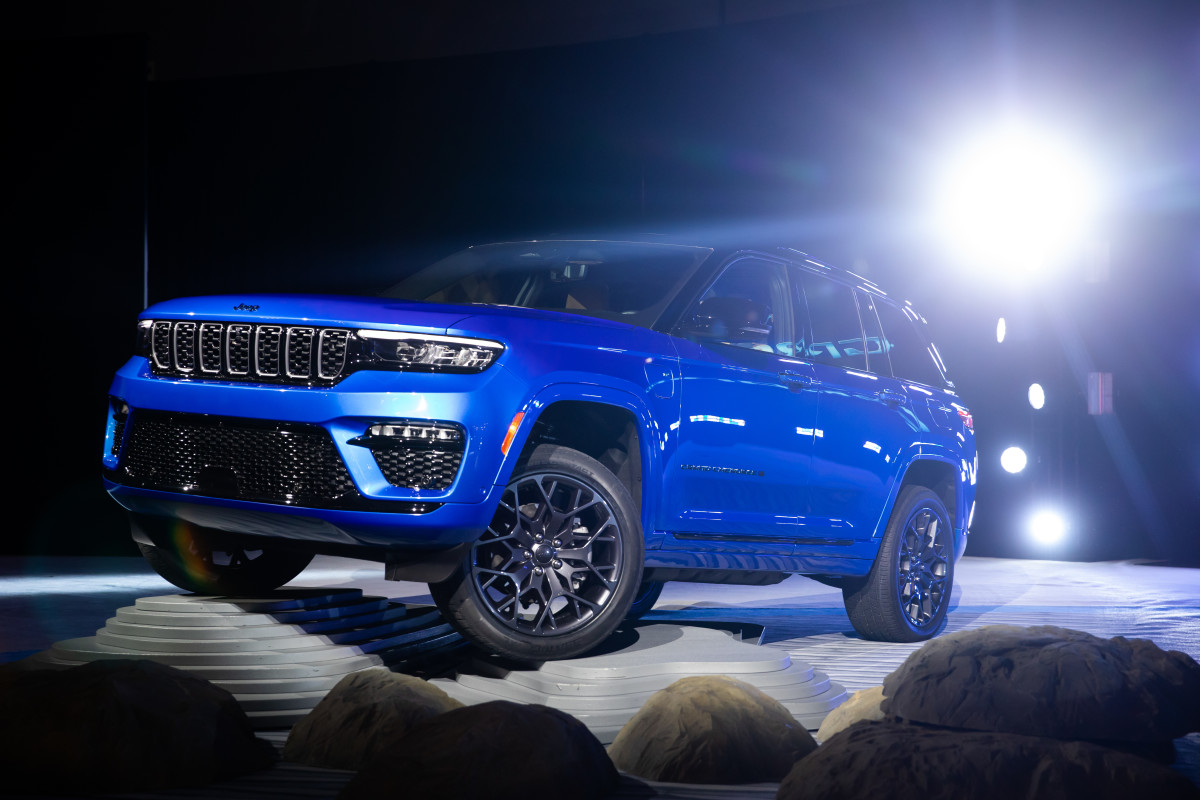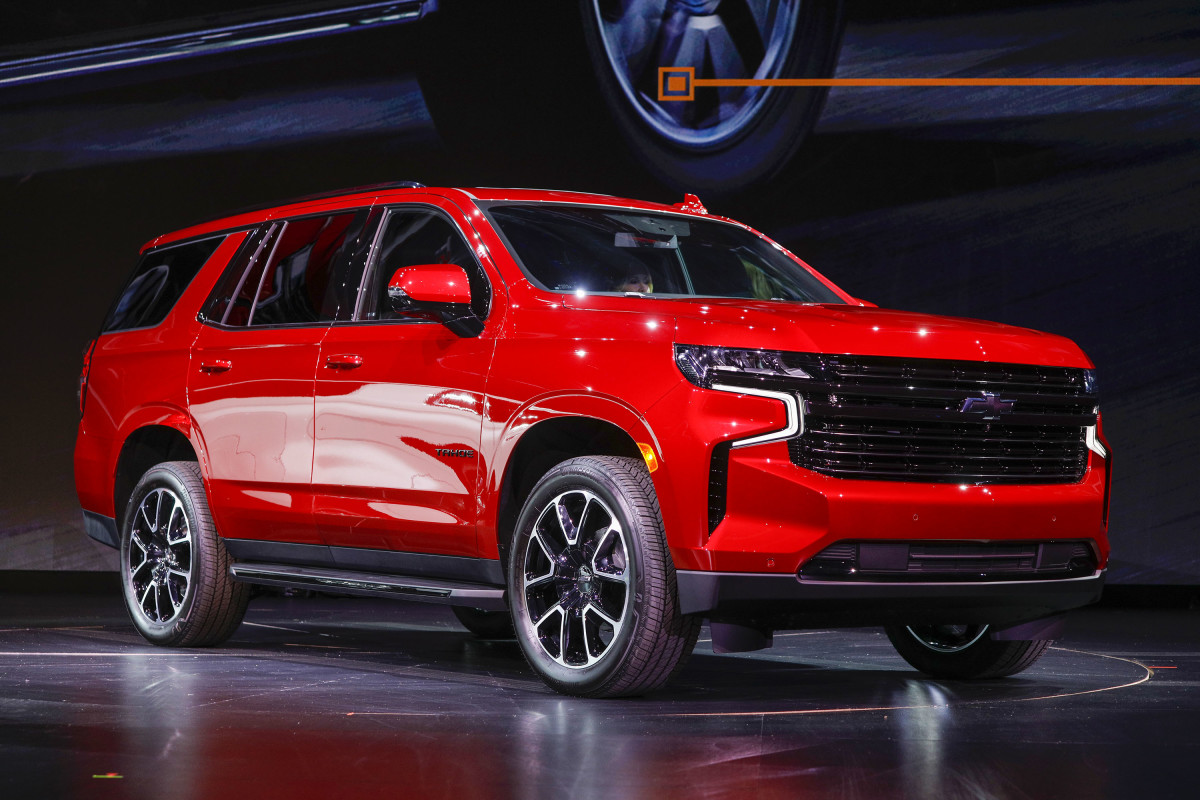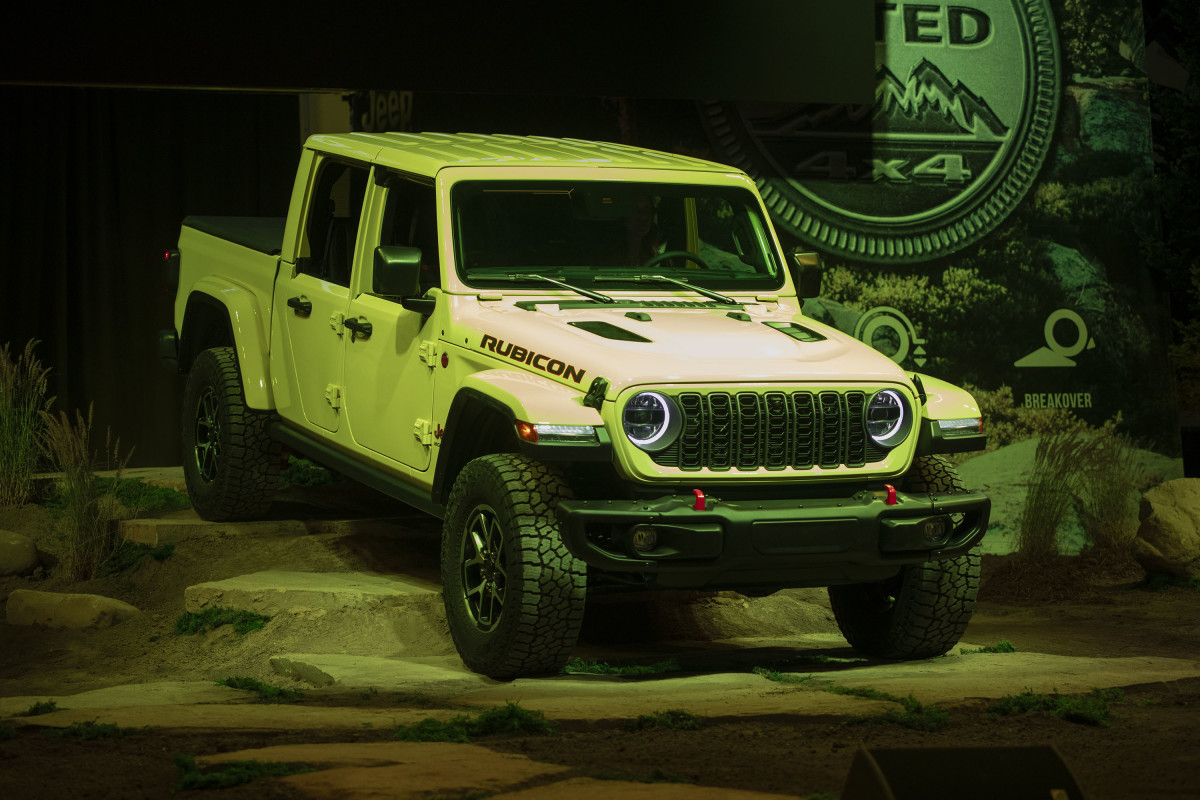
It is no question that Americans are driving huge cars these days.
Though many motorists in this country adopted bigger, heavier cars like GM's (GM) -) Chevrolet Tahoe, and Ford's (F) -) Expedition from the perceived belief that it will protect them in a crash, a new study shows that such adoption is resulting in an unintented consequence.
Related: Elon Musk backpedals on harsh Cybertruck resale guidelines
According to the Insurance Institute for Highway Safety, vehicles with high front ends like tall SUVs and pickup trucks are more likely to kill pedestrians they hit, but models of medium front-end height also pose an increased threat if they feature a flatter nose in the front.
The institute examined 2,958 different car, SUV, pickup, minivan and van models involved in 17,897 individual incidents where a they hit a pedestrian and found some very damning results.
Whatever their nose shape, pickups, SUVs and vans with a hood height greater than 40 inches off the ground are about 45 percent more likely to cause fatalities in pedestrian crashes than cars and other vehicles with a hood height of 30 inches or less and a sloping profile.

However, they also found that shorter vehicles with blunt front ends are 44 percent more likely to cause fatalities.
“Manufacturers can make vehicles less dangerous to pedestrians by lowering the front end of the hood and angling the grille and hood to create a sloped profile,” said IIHS Senior Research Transportation Engineer Wen Hu. “There’s no functional benefit to these massive, blocky fronts.”
IIHS data also found that the average car on American streets gained almost a thousand pounds and grew eight inches taller through the past 30 years, with many reaching the 40-inch mark for the height of their hoods to the ground
For a real-life comparison, Consumer Reports found that Stellantis' (STLA) -) popular Jeep Wrangler-based Gladiator pickup truck's hood is about 45.5 inches to the ground, and that other popular choices like the Ford (F) -) F-250 exceed 55 inches off the ground.

The immense height and driving position produces a large front blind spot, which makes it easier for drivers of said large cars to ignore children, people in wheelchairs and lower, smaller cars like compact sedans and sports cars.
More vitally, the IIHS said that vehicles taller than 35 inches were more dangerous to pedestrians because they tended to cause more severe head injuries and that vehicles with flat front ends (i.e. Gladiators, F-250s) were more dangerous than those with sloped front ends because torso and hip injuries from these vehicles were more frequent and severe.
More Technology:
- The company behind ChatGPT is now facing a massive lawsuit
- Prominent EV company says latest deal will be the first of many
- Apple makes a big new move with Elon Musk's Twitter
These vehicles were found to cause torso injuries with the front of the cars, rather than the tops of their hoods, as per the IIHS, "were more likely to injure pedestrians by throwing them forward, while tall and sloped vehicles usually rolled them onto the hood of the vehicle first."
Additionally, they found that pedestrians who are shorter than the vehicles that hit them suffered more severe injuries.
“It’s clear that the increasing size of the vehicles in the U.S. fleet is costing pedestrians their lives,” IIHS president David Harkey said. “We encourage automakers to consider these findings and take a hard look at the height and shape of their SUVs and pickups.”
Action Alerts PLUS offers expert portfolio guidance to help you make informed investing decisions. Sign up now.







